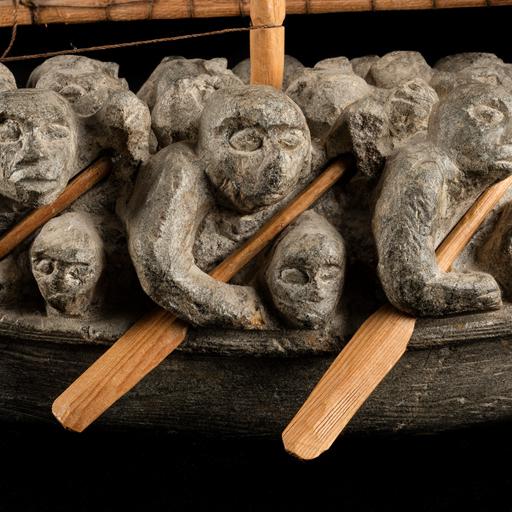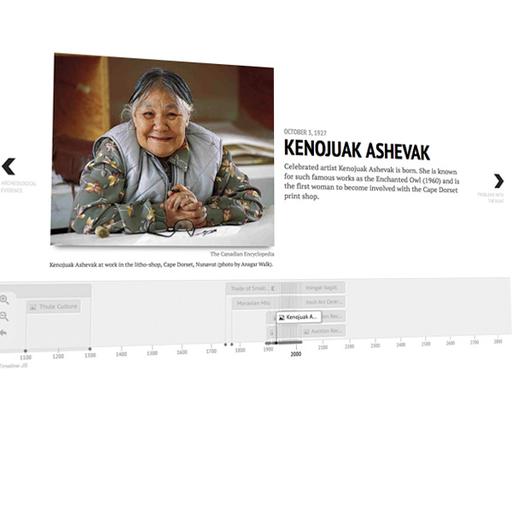Mi'kmaw carver gives traditional wooden masks new life with giant snow sculptures
CBC News | March 09, 2022
Categories: news
The process is about connecting to the land, says carver Gordon Sparks
Ka’nhehsí:io Deer · CBC News · Posted: Mar 09, 2022 5:28 PM ET | Last Updated: March 9

The Mi'kmaw teachings of the four directions have been brought to larger-than-life proportions by an artist in New Brunswick who has created giant snow sculptures representing traditional hand-carved wooden masks.
Gordon Sparks, who is from Pabineau First Nation, N.B., is one of the few practising Mi'kmaw wooden mask-makers, and hopes the sculptures will help foster the resurgence of the cultural practice.
Standing eight feet tall at the powwow grounds in Listuguj, on the Quebec-New Brunswick border, each sculpture represents the four directions — north, east, south, and west — and their accompanying Mi'kmaw teachings.
"I wanted to honour the four directions the best way that I could, and at the same time, it was to plant the seed in the kid's minds of mask carving," said Sparks.
"The Mi'kmaw masks have been sleeping for so long that there's very few of us that are making them."

Students involved in the process
Sparks was invited to Listuguj by the Alaqsite'w Gitpu School, which has an outdoor education program where students between Grade 5 and Grade 8 spend two hours a week learning about stewardship and seasonal on-the-land activities.
- This Mi'kmaw woman is helping Scouts Canada address its history
- Birchbark canoe project connects generations of Mi'kmaq in Kejimkujik National Park
During the fall, students had the opportunity to harvest a tree with Sparks. It will be used to make two masks for the school. Last week, students also had the opportunity to carve the snow sculptures.
"It was cool to have the students really be involved in the process," said Ryan Parker, the science, technology, engineering, arts, and math lead at the school.
"There was a lot of hands-on stuff for kids to do … he was talking to the kids about his craft and why he's doing it and why he uses hand tools rather than electric tools or gas power tools."

Connecting to the land
It's about being able to connect to the land during the long process of carving, said Sparks.
After building a box, filling it with snow, it sits for 24 hours.
- Listuguj students harvest their first moose through outdoor program
- New Yukon First Nations school board will 'amplify' on-the-land teachings in Beaver Creek
"When I opened it up and it's just a big block of snow, I do a ceremony," said Sparks.
"It's a long process, but that's where you get that connection. You're connecting to the land, you're connecting to all relations by looking at the birds that are flying around the trees and how they sway."

Jacob Gale, the treaty education co-ordinator at Listuguj Education, Training and Employment, is one of the organizers of the school's outdoor education program. He said the sculptures left a positive impact across the entire community.
"Everyone was so excited to see the sculptures," he said.
"That was just so important for the community to kind of have that spirit reawakened through this activity."
For Sparks, the sculptures were a good way to bring oral storytelling and three-dimensional art form together.
"[It's] our visual language to help keep our culture alive," he said.


